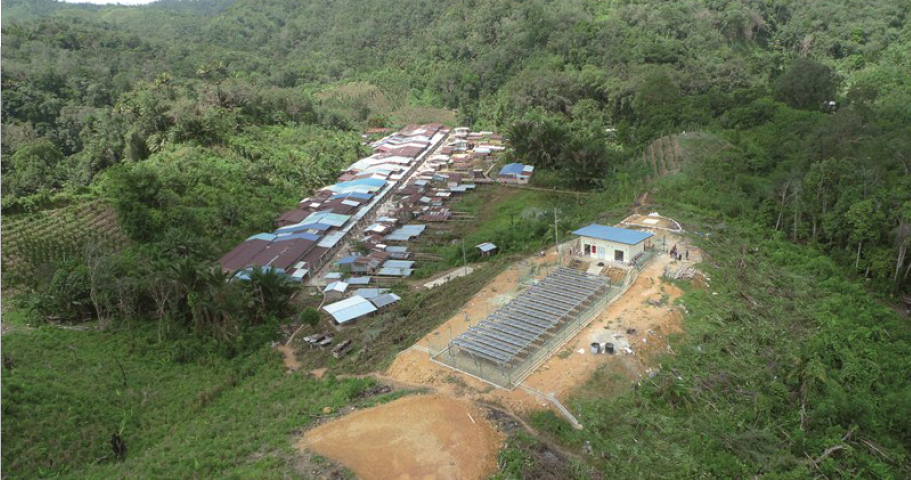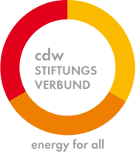
Barriers and solutions to implementing renewable energies on Caribbean islands in respect of technical, economic, political, and social conditions
1. July 2015
Market Potentials for Renewable Energies on Islands focusing on the Caribbean, Pacific, and Mediterranean Region
1. July 2015PV-based Mini-Grids for Electrification in Developing Countries

Project period
01.02.2012 - 31.07.2012
Worldwide 1.3 billion people live without electricity. Particularly in Africa and South-East Asia there are densely populated countries, in which few people have access to electricity. Most of them live in rural areas, far away from national power transmission systems. Since grid expansion becomes unprofitable at long distances, many villages find themselves without a connection to the national grid. Electricity is a fundamental requirement for economic development and the basis for improving elementary needs like education, health, security and communication. Usually, commercial activities depend on access to electric energy. Autarkic island grids are often the only means to enable flexible access to electricity for people in rural areas, while also enhancing local creation of value. Rising fuel prices and technological progress render renewable energies for island grids increasingly attractive. Yet, economic competitiveness is not the only benefit. Renewable Energies yield clear health and environmental advantages over fossil fuels, such as diesel. Photovoltaic (PV) is particularly suitable for off-grid electrification. Key advantages include simple installation and zero maintenance costs, its modularity and not least an often year-round availability of solar energy. In contrast to Solar Home Systems (SHS) built for minor power consumption, mini/ island grids offer important advantages for the development of remote areas: An island grid can be easily extended to other producers and consumers through AC coupling, so as to meet growing demands. The possible integration of three-phase loads represents an important aspect of expanding the commercial use of electric energy.
Worldwide 1.3 billion people live without electricity. Particularly in Africa and South-East Asia there are densely populated countries, in which few people have access to electricity. Most of them live in rural areas, far away from national power transmission systems. Since grid expansion becomes unprofitable at long distances, many villages find themselves without a connection to the national grid. Electricity is a fundamental requirement for economic development and the basis for improving elementary needs like education, health, security and communication. Usually, commercial activities depend on access to electric energy. Autarkic island grids are often the only means to enable flexible access to electricity for people in rural areas, while also enhancing local creation of value. Rising fuel prices and technological progress render renewable energies for island grids increasingly attractive. Yet, economic competitiveness is not the only benefit. Renewable Energies yield clear health and environmental advantages over fossil fuels, such as diesel. Photovoltaic (PV) is particularly suitable for off-grid electrification. Key advantages include simple installation and zero maintenance costs, its modularity and not least an often year-round availability of solar energy. In contrast to Solar Home Systems (SHS) built for minor power consumption, mini/ island grids offer important advantages for the development of remote areas: An island grid can be easily extended to other producers and consumers through AC coupling, so as to meet growing demands. The possible integration of three-phase loads represents an important aspect of expanding the commercial use of electric energy.
Numerous development aid projects already focus on this technology. Yet so far, no sustainable business models for renewable energy based mini-grids for rural electrification have been established. The central question of this report is therefore how and where PV-based electrification can be implemented on an economically viable basis. The first part of the study underlying this report consists of an analysis of global potentials for PV-based Mini-Grids. Thereby aspects of profitability, depending on local weather conditions and fuel prices, as well as country-specific factors such as market size and political and economic conditions, are taken into account, with special focus on sustainable business models. Expert interviews and a literature review serve to present previous experiences and to identify stakeholders and their levels of involvement. Ultimately, success factors are extracted for a presentation of promising existing business models.







